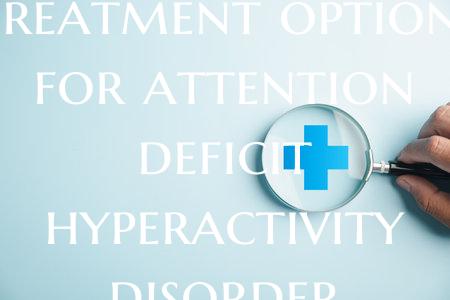
Treatment options for attention deficit hyperactivity disorder
Introduction: Attention Deficit Hyperactivity Disorder (ADHD) is a neurodevelopmental disorder that affects both children and adults, impacting their ability to focus, control impulses, and regulate behavior. While ADHD can present challenges, there are various treatment options available to help individuals manage symptoms and improve their daily functioning. Understanding these treatment options is crucial in providing effective care for individuals with ADHD.
1. Medication: The most common treatment approach for ADHD involves medication, which can help address the underlying neurological imbalances associated with the disorder. Stimulant medications such as methylphenidate and amphetamine-based drugs are often prescribed to increase focus and reduce impulsivity in individuals with ADHD. Non-stimulant medications like atomoxetine may also be used as an alternative for those who do not respond well to stimulants.
2. Behavioral Therapy: Behavioral therapy is an essential component of ADHD treatment, especially for children. This approach focuses on teaching individuals with ADHD new coping mechanisms, organizational skills, and strategies to manage their symptoms effectively. Techniques such as cognitive-behavioral therapy (CBT) and behavior modification can help individuals develop self-control and improve their social skills.
3. Parental Education and Support: For children with ADHD, involving parents in the treatment process is crucial. Parental education programs can provide caregivers with the necessary tools and strategies to support their child's needs effectively. Parent training sessions can help parents create a structured and supportive environment at home, which is essential for managing ADHD symptoms.
4. Classroom Accommodations: Children with ADHD often struggle in academic settings due to difficulties with focus and impulsivity. Classroom accommodations such as preferential seating, frequent breaks, and modified assignments can help students with ADHD succeed in school. Teachers can also implement behavior management strategies to support these students in the classroom.
5. Lifestyle Changes: In addition to professional treatments, lifestyle modifications can also have a positive impact on managing ADHD symptoms. Regular exercise, a balanced diet, and sufficient sleep are important factors that can contribute to improved focus and overall well-being in individuals with ADHD. Creating a structured daily routine and minimizing distractions can also help individuals with ADHD stay organized and productive.
Conclusion: Effective treatment for ADHD involves a multi-faceted approach that combines medication, behavioral therapy, parental support, classroom accommodations, and lifestyle changes. By addressing the diverse needs of individuals with ADHD, it is possible to enhance their quality of life and empower them to reach their full potential. Seeking support from healthcare professionals, educators, and loved ones is essential in developing a comprehensive treatment plan tailored to the unique needs of each individual with ADHD.